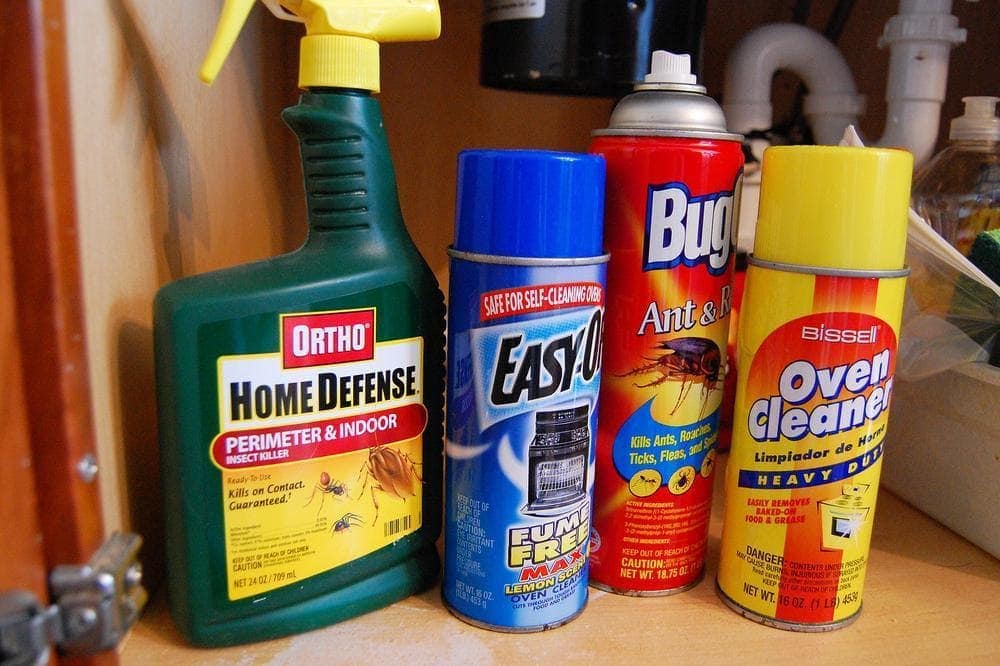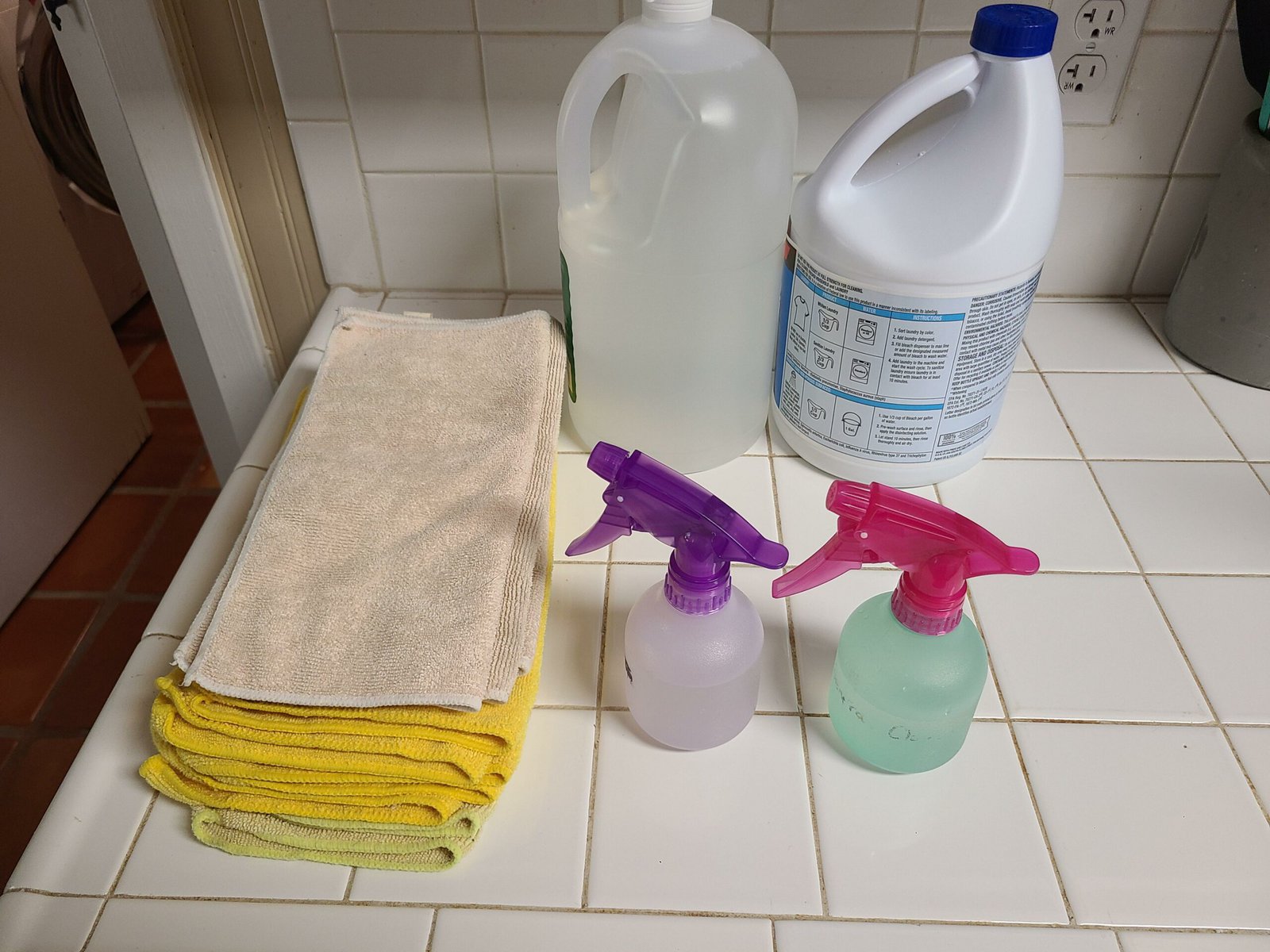In science class, you probably watched your teacher mix chemicals to make things erupt and explode. That’s where the home volcano experiment came from! But that doesn’t mean you should open up all your cupboards and start mixing a bunch of chemicals. It can be extremely dangerous to mix certain chemicals. Professor Vy Dong Ph.D, from the University of California, studies chemicals and their reactions with each other. She said, “Molecules are like people with their personalities, and how they behave depends on who they are around…unless you understand the personalities of all the molecules in your bottle, don’t try this at home.” They’re unpredictable, and in this case, knowledge is power. And if you do happen to accidentally combine these chemicals, and experience symptoms like shortness of breath, call your local emergency number.

We’ve compiled a list of household chemicals that you should never even think about combining. Keep them as far away from each other as possible to avoid an unwanted disaster, or a potentially deadly combination. Always take necessary safety precautions when handling harsh chemicals like bleach. Wear gloves and protective goggles, and make sure your home is ventilated. Open any doors and windows you can, so you’re not cleaning your home in clouds of toxic fumes. Science can be both fascinating and dangerous, so always take precautions when dealing with chemicals.
Bleach And Drain Cleaner

You likely have bleach and drain cleaner lying underneath your kitchen sink. Bleach is an excellent chemical to use to clean, and drain cleaner gets rid of clogged drains. But if you mix them, you’re looking at toxic chlorine gas. If you accidentally inhale this, you could have breathing difficulties and other health issues. If you do accidentally combine bleach with chemicals, like drain cleaner, take Vy Dong’s advice. She says, “The toxic chemicals formed from bleach are gases, so it is best to work with good ventilation, where the toxic gas can escape and be replaced with fresh air.” Don’t mix one drain cleaner with another, since they’re concentrated. Combined, they can be dangerous (Good Housekeeping).
